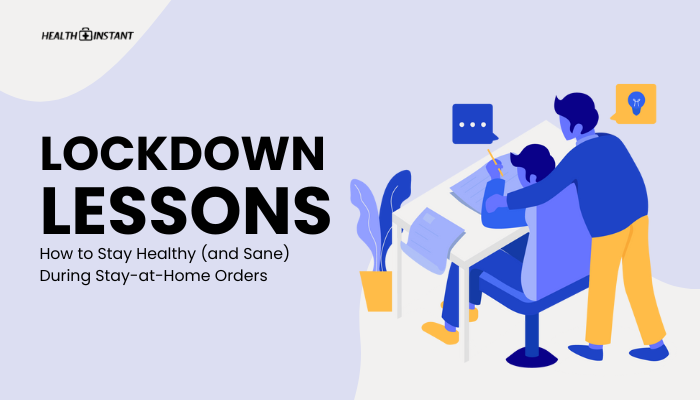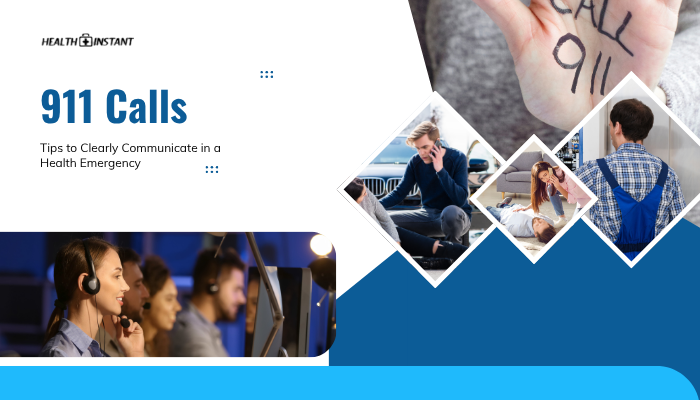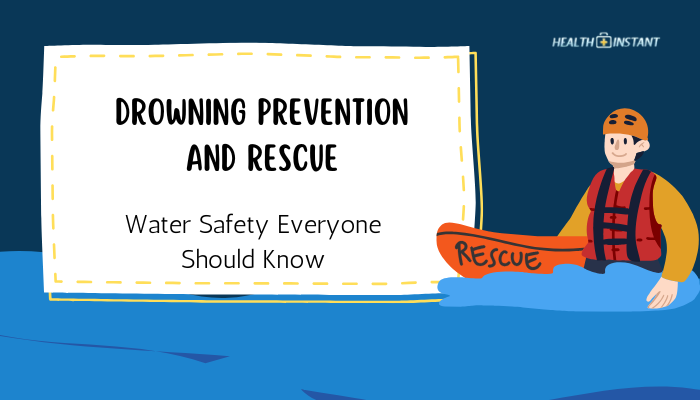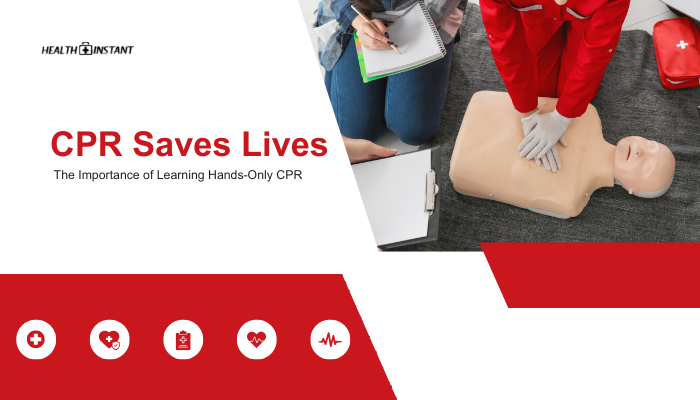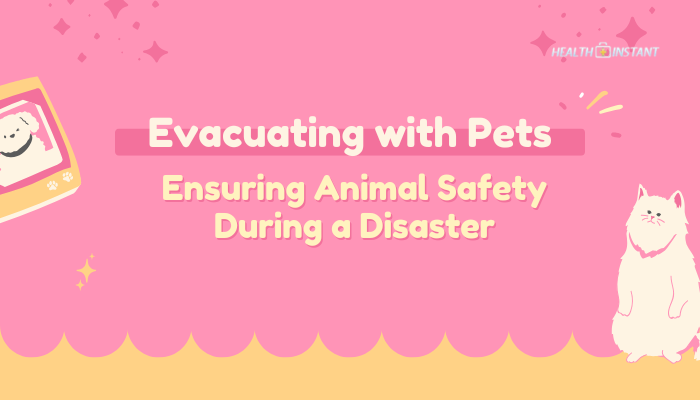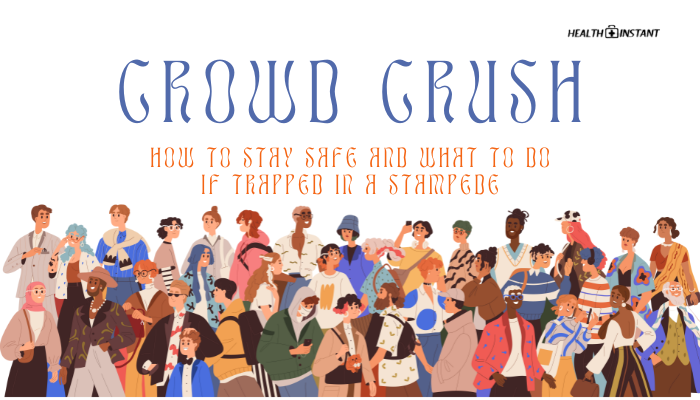Introduction
Stay-at-home orders—often called “lockdowns”—help limit the spread of contagious diseases, but they also upend regular routines and social interactions. Being confined at home for extended periods can weaken motivation, disrupt eating habits, and exacerbate anxiety.
Yet, lockdowns needn’t mean sacrificing overall wellness. By proactively establishing routines, incorporating exercise, nurturing mental health, and balancing home responsibilities, individuals can emerge more resilient.
This guide outlines best practices for staying fit, engaged, and sane during times of extended home confinement.
Maintaining Physical Health
Home Workouts
- Bodyweight Exercises
- Squats, push-ups, and planks require no special equipment.
- Squats, push-ups, and planks require no special equipment.
- Yoga or Pilates
- Ideal for improving flexibility and reducing stress; many free online video classes exist.
- Ideal for improving flexibility and reducing stress; many free online video classes exist.
- Short Breaks
- Stand and stretch frequently if you’re seated for long work sessions.
Healthy Eating Habits
- Smart Groceries
- Stock up on frozen vegetables, whole grains, lean proteins, and fruits to minimize snack temptations.
- Stock up on frozen vegetables, whole grains, lean proteins, and fruits to minimize snack temptations.
- Plan Meals
- Cooking in batches helps sustain balanced diets and avoid reliance on fast or processed foods.
- Cooking in batches helps sustain balanced diets and avoid reliance on fast or processed foods.
- Stay Hydrated
- Keep a water bottle nearby and set reminders if needed.
Proper Sleep Schedules
- Consistent Bedtime and Wake Time
- Maintaining circadian rhythms fosters better mood and immune function.
- Maintaining circadian rhythms fosters better mood and immune function.
- Bedroom Boundaries
- Reserve the bed for sleep and relaxation, avoiding work or phone scrolling late at night.
Staying Mentally Engaged
Hobbies and Learning New Skills
- Online Courses
- Explore free or low-cost classes on platforms like Coursera or Skillshare.
- Explore free or low-cost classes on platforms like Coursera or Skillshare.
- Creative Projects
- Painting, music, coding, or journaling can reduce boredom and boost mental stimulation.
Digital Social Activities
- Group Video Calls
- Host movie nights, virtual dinner parties, or game sessions with friends online.
- Host movie nights, virtual dinner parties, or game sessions with friends online.
- Online Communities
- Join forums or clubs that match your interests, from book clubs to hobbyist groups.
Limiting News Intake
- Scheduled Updates
- Check reliable news sources once or twice daily, rather than constant streams.
- Check reliable news sources once or twice daily, rather than constant streams.
- Avoid Rumors
- Cross-verify reports with official agencies like WHO or government websites.
Managing Stress and Anxiety
Mindfulness and Relaxation Techniques
- Breathing Exercises
- Practice slow, deep inhalations and exhalations for a few minutes.
- Practice slow, deep inhalations and exhalations for a few minutes.
- Guided Meditations
- Apps like Headspace or Calm can guide short daily mindfulness routines.
Structured Routines
- Daily Checklist
- Listing tasks for work, personal care, and breaks ensures a purposeful day.
- Listing tasks for work, personal care, and breaks ensures a purposeful day.
- Goal Setting
- Small achievable goals nurture a sense of progress.
Seeking Professional Support
- Teletherapy
- Many counselors offer virtual sessions via video calls.
- Many counselors offer virtual sessions via video calls.
- Helplines
- Crisis hotlines or mental health lines can be critical if anxiety spikes.
Balancing Work and Family Life
- Dedicated Workspace
- If possible, separate a room or corner for work to establish mental boundaries.
- If possible, separate a room or corner for work to establish mental boundaries.
- Family Schedules
- Coordinate tasks, set screen time limits for kids, and plan shared activities.
- Coordinate tasks, set screen time limits for kids, and plan shared activities.
- Flexible Expectations
- Acknowledge that perfect routines might be unrealistic; adapt as needed.
Helping Children Cope
- Open Communication
- Explain the situation honestly but reassuringly.
- Explain the situation honestly but reassuringly.
- Fun Learning
- Encourage educational games or creative crafts to keep them occupied.
- Encourage educational games or creative crafts to keep them occupied.
- Physical Play
- If indoors, create safe spaces for movement or set times for supervised outside breaks.
When to Seek Additional Help
- Prolonged Sadness or Anxiety
- If low mood or panic persists for weeks, consider reaching out to mental health services.
- If low mood or panic persists for weeks, consider reaching out to mental health services.
- Social Withdrawal
- Avoiding contacts or typical social engagements (even virtually) may signal deeper distress.
- Avoiding contacts or typical social engagements (even virtually) may signal deeper distress.
- Physical Manifestations
- Frequent headaches, upset stomach, or insomnia linked to stress can indicate the need for professional counsel.
Conclusion
Remaining confined at home for an extended period can be draining, but implementing structured activities, daily exercise, mindful screen time, and consistent social connections helps mitigate “lockdown fatigue.”
Balanced meals, adequate rest, and mental health check-ins bolster physical and emotional well-being. If negative feelings persist, telehealth or local support lines provide professional help and further guidance.
Ultimately, staying proactive about your routine, leaning on supportive communities, and acknowledging emotional struggles fosters resilience and sustains morale in uncertain times.
References
- World Health Organization (WHO). (2021). Mental health advice during quarantine.
- Centers for Disease Control and Prevention (CDC). (2020). Coping with stress and anxiety at home.
- American Psychological Association (APA). (2019). Teletherapy and lockdown mental health tips.
- National Institute of Mental Health (NIMH). (2018). Sleep, stress, and routine management guidelines.
Disclaimer: This content offers general suggestions and doesn’t replace medical or psychological advice. If distress persists, consult a qualified mental health professional.

